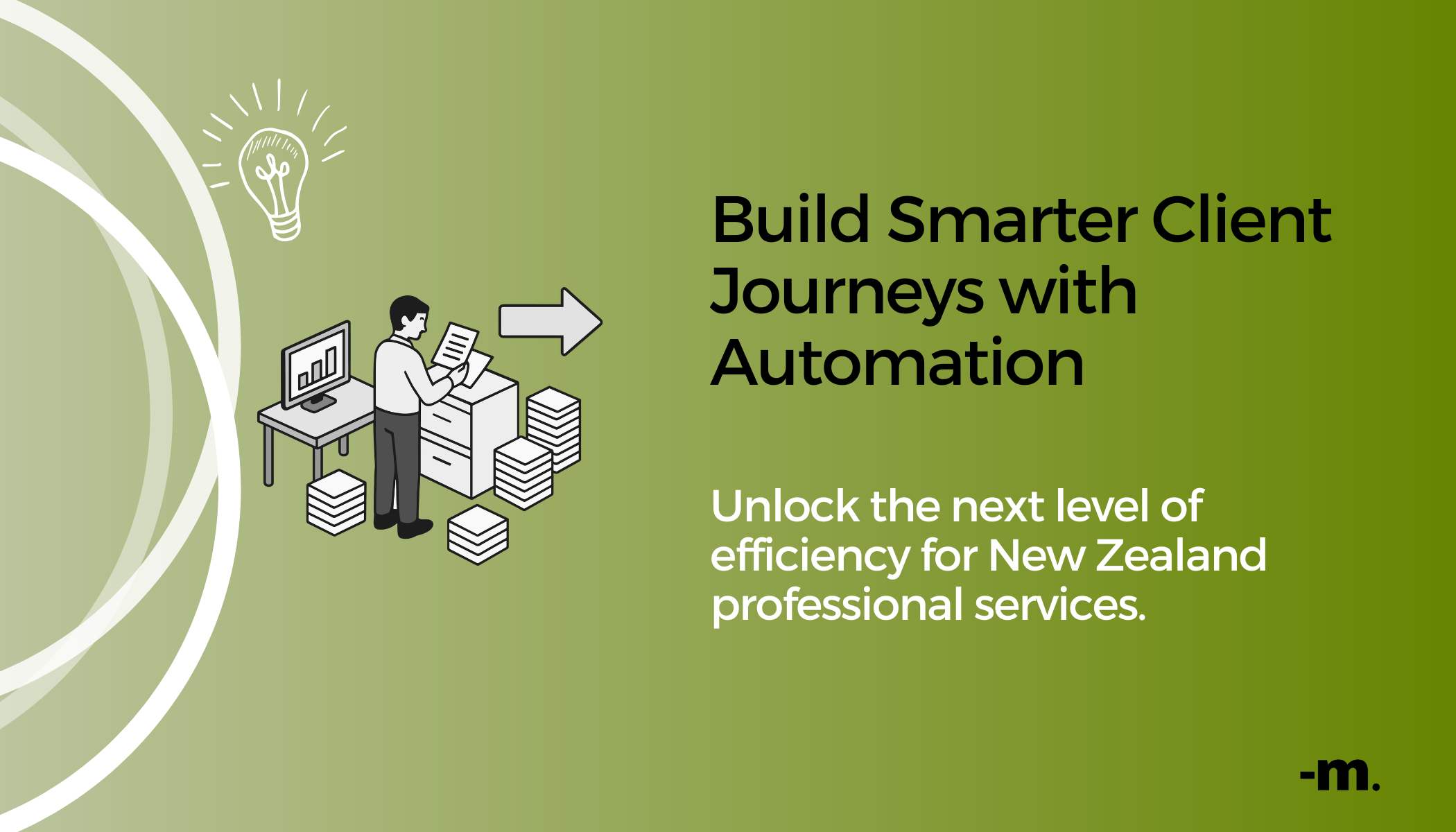Top Marketing Automation Tools for E-Commerce Stores
Running an e-commerce store means juggling product launches, abandoned carts, upsells, emails, and more. These marketing automation tools help online...
2 min read
Markezing Team : Feb 28, 2023 11:00:00 AM

If you're looking to improve your online presence and drive sales, marketing automation is a must-have tool. By automating repetitive tasks and delivering personalized content to prospects and customers, you can save time and resources while improving your ROI. But how do you develop an effective marketing automation strategy? In this article, we'll explore some tips, best practices, and examples in e-commerce and professional services to help you master your marketing automation strategy and achieve greater success with your campaigns.
The first step in developing a marketing automation strategy is to define your goals and objectives. What do you want to achieve with your campaigns? Do you want to generate more leads, increase sales, improve customer retention, or all of the above? Once you have a clear understanding of your goals and objectives, you can begin to develop a plan that aligns with your overall business strategy.
One of the key benefits of marketing automation is the ability to deliver personalized content to your audience. However, in order to do so effectively, you need to segment your audience based on their preferences, behaviors, and demographics. By creating targeted segments, you can deliver content that resonates with each group, improving engagement and conversion rates.
Lead nurturing is a critical component of any marketing automation strategy. By delivering targeted content to prospects at each stage of the buying journey, from awareness to consideration to decision, you can build trust and credibility with your audience, and improve your chances of converting them into paying customers.
Triggered emails are a powerful tool for delivering timely and relevant content to your audience. By automating the delivery of emails based on specific actions or behaviors, such as cart abandonment or webinar attendance, you can increase engagement and drive conversions.
Example 1:
A clothing retailer uses marketing automation to send personalized product recommendations to customers based on their browsing and purchase history. The retailer also sends triggered emails to customers who have abandoned their shopping carts, offering a discount or free shipping to encourage them to complete their purchase.
Example 2:
An online grocery store uses marketing automation to send a series of welcome emails to new customers, offering a discount on their first purchase and highlighting the store's most popular products. The store also uses triggered emails to remind customers when they are running low on a particular item, and offers a discount for reordering.
Example 1:
A consulting firm uses marketing automation to send a series of educational emails to prospects who have downloaded a free whitepaper or eBook, with the goal of nurturing those prospects into paying customers. The firm also uses triggered emails to follow up with prospects who have attended a webinar or event, offering a consultation or additional resources.
Example 2:
An accounting firm uses marketing automation to send a series of reminder emails to clients who are approaching tax filing deadlines, providing information and resources to help them prepare accordingly.
By defining your goals and objectives, segmenting your audience, developing a lead nurturing strategy, and using triggered emails, you can deliver personalized, targeted content to your audience and achieve your business goals. The examples provided for e-commerce and professional services demonstrate how businesses in different industries can utilize marketing automation to their advantage. Incorporate these tips and best practices into your own marketing automation strategy, and watch your online presence and sales soar.
If you are interested in exploring more about how to maximize the power of marketing automation, download our FREE marketing automation ebook to find out more.

Running an e-commerce store means juggling product launches, abandoned carts, upsells, emails, and more. These marketing automation tools help online...

A comprehensive guide to unlocking HubSpot CRM, triggers, and client journey mapping.
.png)
Workflow automation is an essential aspect of any successful marketing strategy. By automating repetitive tasks, you can save time and focus on more...